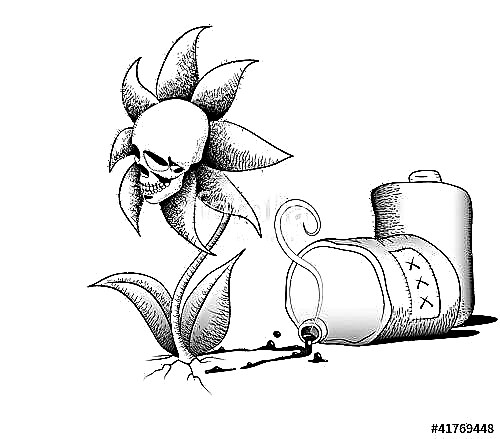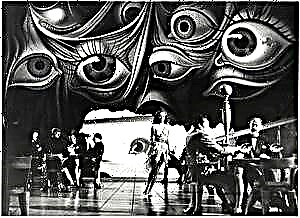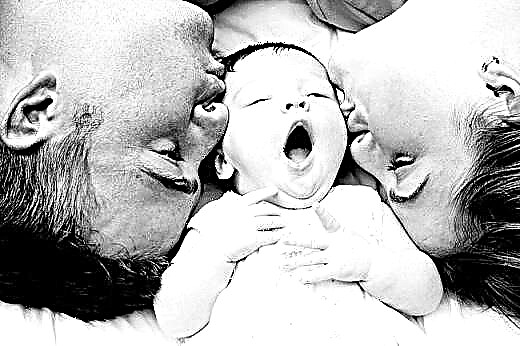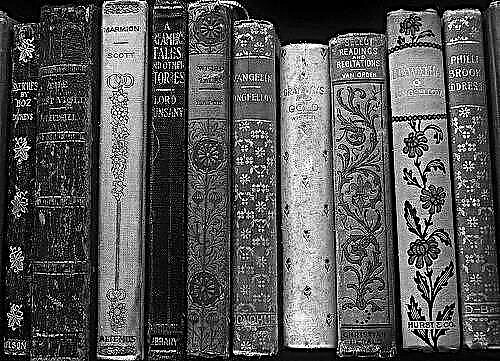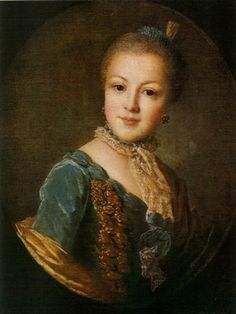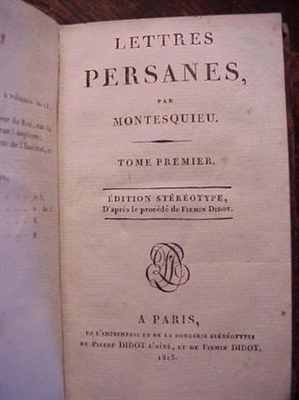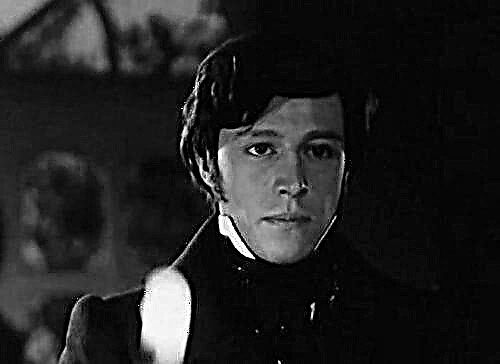(372 words) The composition of the work plays a huge role in literary creation. The arrangement of the chapters can create intrigue or more clearly convey the idea of the author. The most striking example of an unusual composition we can observe in the novel by M. Yu. Lermontov “Hero of our time”.
The first time we hear about the main character of the work from a simple, kind, but inexperienced officer Maxim Maksimych. The image created by the old warrior is truly terrifying. Before the reader appears a soulless monster who, obeying a fleeting whim, ruined the flowering girl Bela, without experiencing a single drop of remorse. An elderly military man does not understand Pechorin and condemns him. The personal meeting that followed the conversation with Maxim Maksimych does not raise the hero in the eyes of the reader. Tired, dry, extremely restrained Pechorin does not cause any sympathy. But already after the death of Grigory Alexandrovich, the author tells readers the episodes from his life before meeting with Maxim Maksimych, and the character acquires depth and diversity. In the Taman chapter, Pechorin, as in the case of Bela, acts as a destroyer of human happiness. Intruding on the life of a group of smugglers, he forces them to flee, leaving his blind boy's accomplice to the mercy of fate. In this chapter, we understand that Grigory Alexandrovich is capable of experiencing emotions for people around him: he sincerely regrets that he ruined the lives of people who did nothing wrong with him. Pechorin himself after this incident sees in himself only a weak person, driven by fate, who, without even wanting it, causes surrounding trouble. After this follows the chapter "Princess Mary." It is in this chapter that the figure of the hero appears in all his tragedy. Passionate, sincere nature of Pechorin all his life trying to find his place in this world. Tormented by spleen, Gregory concocts a cruel experiment, as a result of which he breaks the heart of a young girl. At the same time, Lermontov shows that his hero is surrounded by hypocrites and scoundrels from the nobility, such as Grushnitsky and his hangers-on. Pechorin denies the world of ostentation and lies, but at the same time can neither create nor find alternatives to him, and therefore is doomed to eternal wandering and loneliness. In the next chapter, entitled “The Fatalist,” Gregory openly calls himself part of a lost generation, tired and doomed. But faced with death face to face, he comes to the conclusion that a person is not a limp doll in the hands of rock, and can fight him.
The composition of the novel, created by Lermontov, allows you to better understand Grigory Alexandrovich Pechorin and, if not forgive, then at least understand this person who has become a living embodiment of an entire era.

